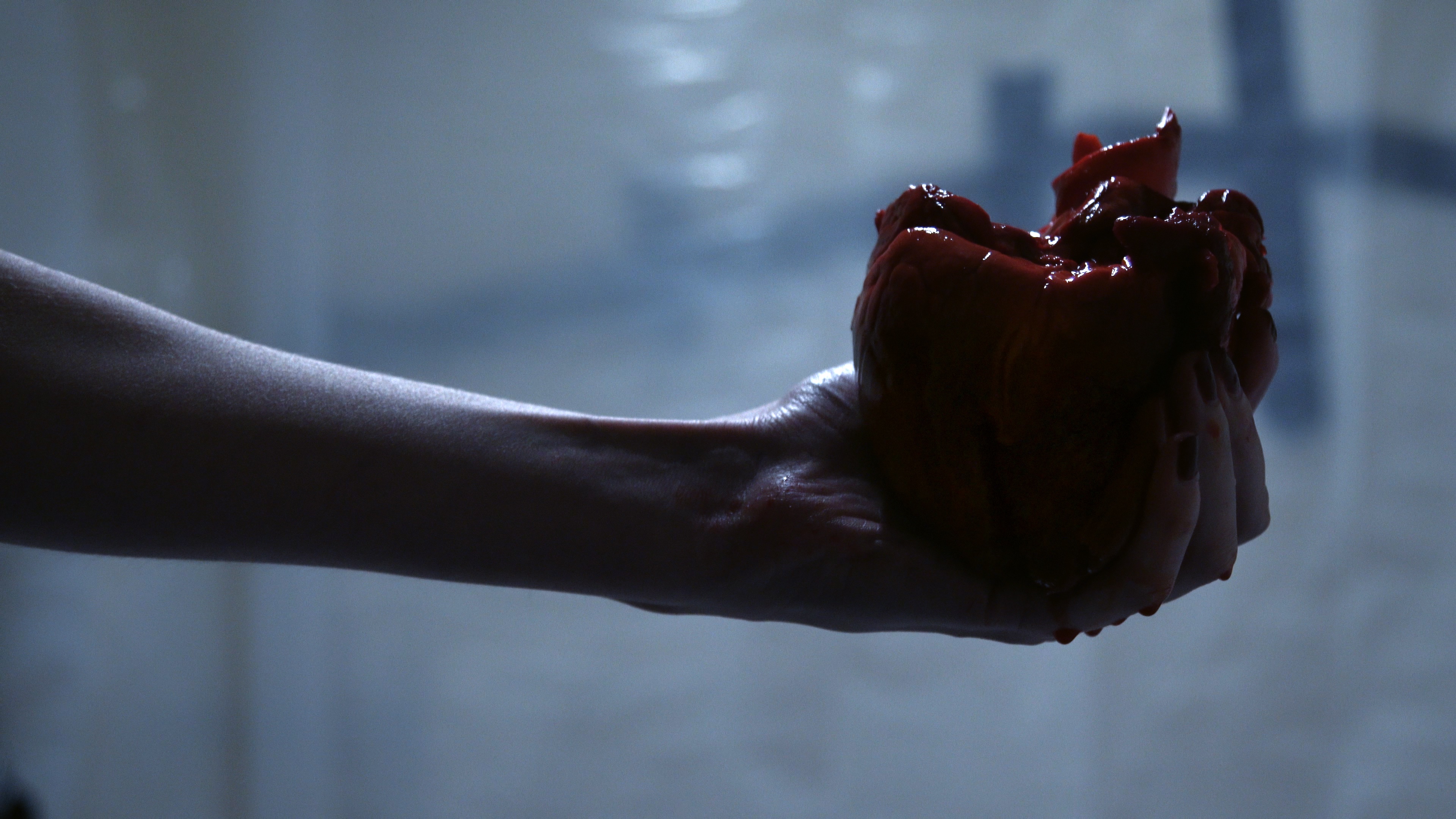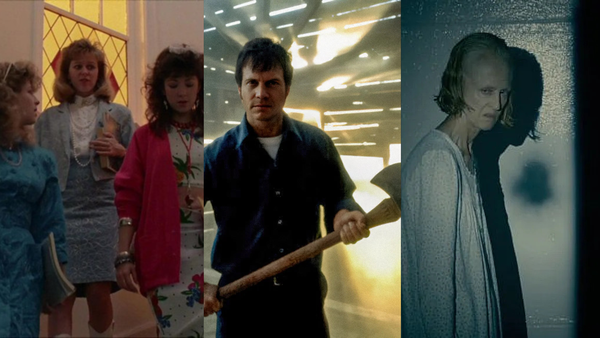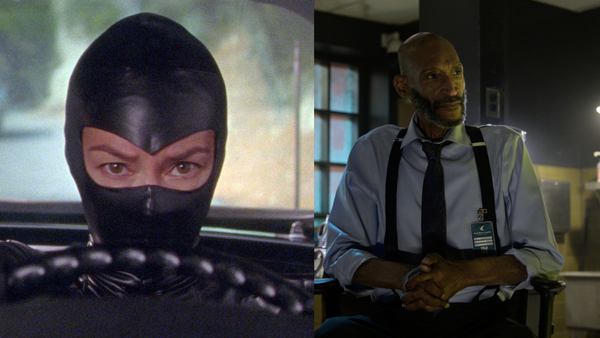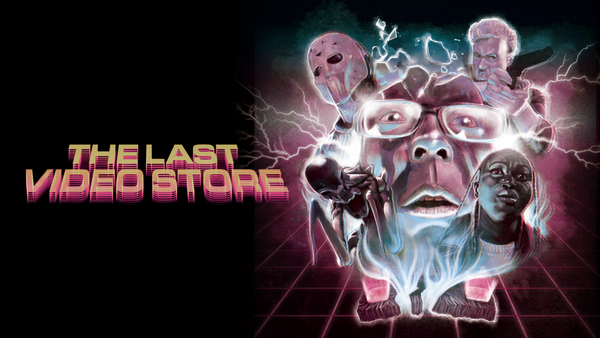Indie Horror Hall of Fame: I Blame Society
Integrity is not going to pay my student loans.
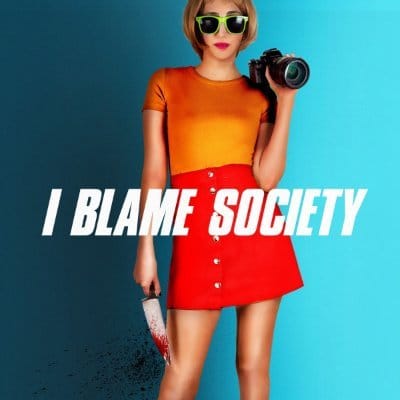
Since March is Women’s History Month, but I have been thinking about Gillian Wallace Horvat’s I Blame Society a lot lately and thought this would be the perfect time to highlight the film because it’s just a wickedly subversive and thought-provoking exploration of the trials and tribulations of indie filmmaking and it still remains one of the ballsiest movies from a female director to be released in quite some time.
I Blame Society is centered around Gillian, albeit playing a very heightened version of herself, who is a struggling filmmaker who has failed to break out in Hollywood despite her best efforts. In order to make her mark, and hopefully garner the interest of some producers she is in talks with, Gillian has decided to resurrect an old project of hers — a documentary about her theoretical pursuit of becoming the perfect serial killer. But both Gillian’s enthusiasm and dedication to her craft get the best of her, as she soon finds the lines between her personal and professional life beginning to blur in the most audacious and deadliest of ways.
While we’ve seen meta-critical takedowns of the filmmaking process before, there’s something uniquely fresh about the way Horvat goes about things in I Blame Society, especially because of how she frames her exploration of how destructive, yet empowering the creative journey can be, and the film feels like such a personal creative declaration from Gillian as an artist. There’s a singular sense of intimacy that Horvat is able to craft through her approach to the material in I Blame Society that makes it such an intriguing examination of just what creative people put themselves through to make their statement on the world, all while reckoning with whether or not being creative is something of a delusional endeavor.
What’s so interesting is that even though I’m not a director by any means (I made one short film nearly 14 years ago and that was it), I do think that there’s something about the desperation driving Gillian in I Blame Society that most of us can relate to on some level. Sure, we probably wouldn’t necessarily go as deep down the rabbit hole as the would-be filmmaker at the center of this story does here, but for anyone who has any kind of creative ambition and is tired of the constructs of the world holding them back, I Blame Society can be a hugely cathartic viewing experience that feels like it propelled by a cinematic primal scream of endless frustration.
I also genuinely appreciate how I Blame Society does a fantastic job of demonstrating just how broken the business of filmmaking is from the bottom up, where so many people who are just looking for an opportunity have to put up with a relentless onslaught of bullshittery from those in the industry who love to exploit people’s ingenuity, their drive and their desire to have that magical door in Hollywood finally held open for them so that they can get their chance to make something incredible.
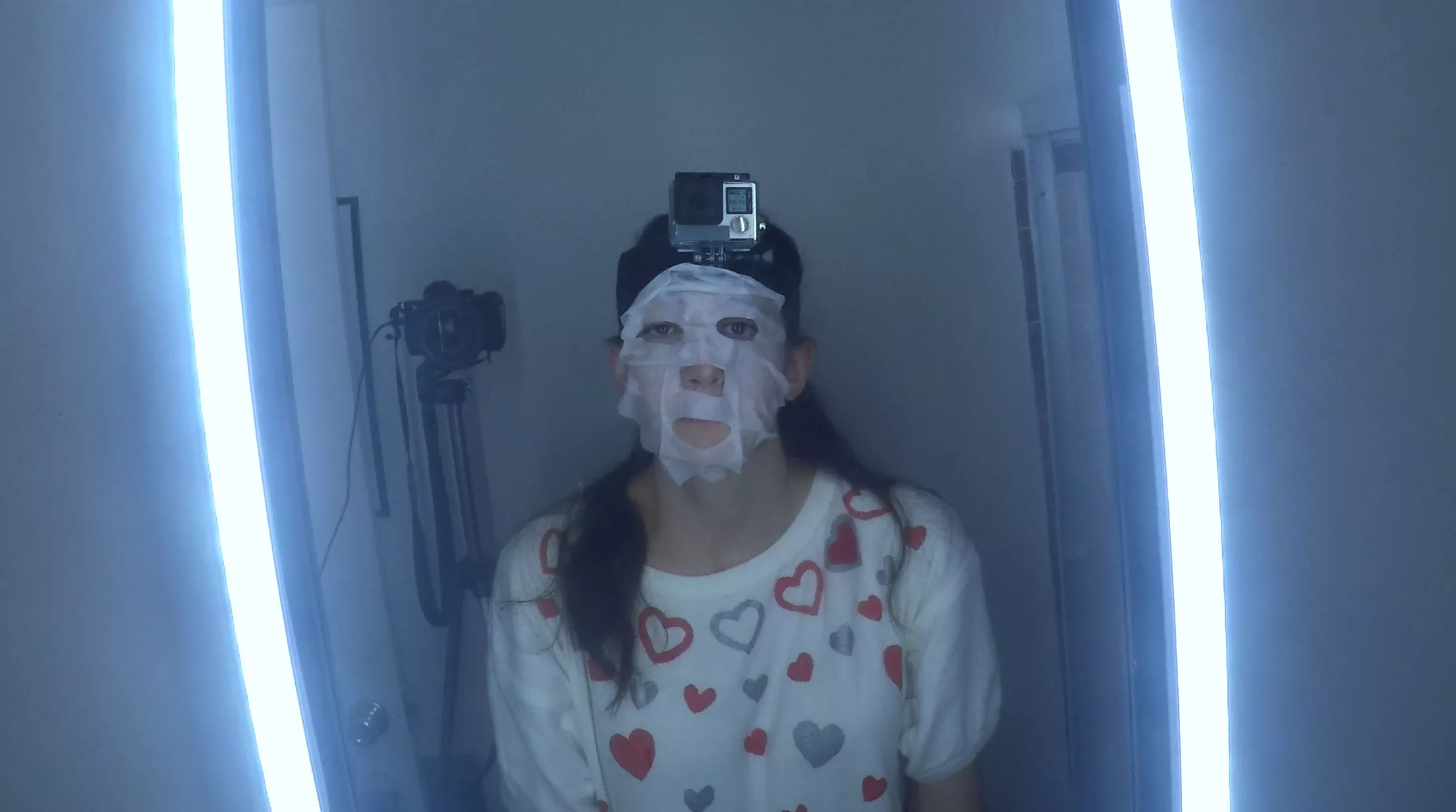
I Blame Society doesn’t hold back when it comes to showing us just how unfairly the deck is stacked for those who have lofty dreams of being creative and must forge ahead alone, especially since the road to becoming successful can often be a treacherous one to travel. It’s no secret that women, in particular, find it even harder to make their way in Hollywood (things are getting better, but not by much even after the industry’s push for parity over the last few years), and Gillian’s frustrations, both real and fictionalized, are palpable as she continues to hit various roadblocks throughout I Blame Society as she just wants the world to take her seriously as an artist and recognize what she’s capable of.
There’s this great scene featuring a pair of dude-bro producers who want to tokenize Gillian’s gender to get a project off the ground. These guys know they need a woman with a strong vision at the helm of a project about “women’s issues,” but they have to pair her up with a male creative just to keep some “balance” to the project and so that she feels “supported,” too. This, in the wake of something like the Crazy Rich Asians situation (the sequel was scrapped because the female co-writer dared to ask for equal compensation to her male writer counterpart), is just something that we all know is ludicrous garbage that executives like to spew so that they can feel good about themselves but aren’t actually interested in supporting new creative viewpoints in this narrow-minded industry.
On the flip side, I also think it is fair to say that I Blame Society does a great job of displaying the not-so-great side of the creative process — the part that can often turn us into selfish and destructive forces of nature that isolate us from those we know and love as we give ourselves over to the process. There’s a point where Gillian discusses her need for validation, and I hate that I was sitting there thinking to myself during my recent rewatch, “Yeah, I guess I really still need some validation, too.”
But even though the character of Gillian crosses many, many lines in I Blame Society, for some reason, I was still rooting for her to achieve her dreams, regardless of how messed up they may be. That’s how great Horvat’s performance fueled by relentless ambition and self-deprecation is in this film where you should be disturbed by what she’s doing, but you can’t help but be impressed by her level of commitment.
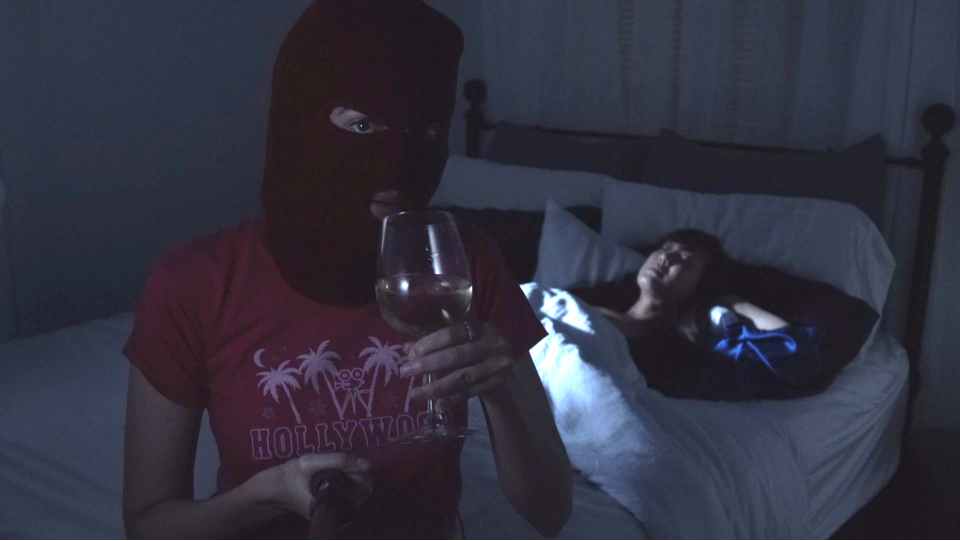
Beyond all of this though, there’s another aspect of I Blame Society that was wildly entertaining to me and that’s how Horvat’s script also pulls the layers back on serial killers in a way that feels like a mishmash of all those true crime podcasts out there that people seem to love (I’m not a fan, but different strokes, right?) as well as Scott Glosserman’s Behind the Mask: The Rise of Leslie Vernon.
It’s an intriguing blend of approaches that works incredibly well for the concepts at the center of I Blame Society, and having those little hints of dark humor mixed together with these real-world ideas about the best ways to kill someone is just wonderfully depraved.
As someone who enjoys cinematic stories about long-suffering artists who are willing to push themselves to the brink to realize their dreams, I Blame Society hit quite a few of my proverbial buttons. Gillian Wallace Horvat makes for a charmingly demented protagonist that, despite her often unhinged actions, you still can’t help but root for the persistently plucky and resourceful Gillian to come out a winner in the end (since she is — after all — a “strong female character”). Horvat’s brilliantly funny examination of just how hard it is to hustle as an independent filmmaker in I Blame Society felt extremely relevant back in 2021, and it is unfortunate that it still feels just as relevant now — maybe even more so.
I just think this is a film worth celebrating any time of the year, but it just felt especially timely to put the spotlight on it during Women’s History Month, considering everything going on in the world.
To end this celebration, it seems only fitting to use a quote that Gillian says during I Blame Society while discussing the Golden State Killer:
You’re not going to stop me. You can’t anticipate me. You can’t predict me. I’m smarter than you.
So ladies, let’s take this mantra to heart moving forward, and not allow the world to continue to underestimate us even if the odds seem more stacked against us than ever. If I Blame Society teaches us nothing else, it’s that we owe ourselves that much.
